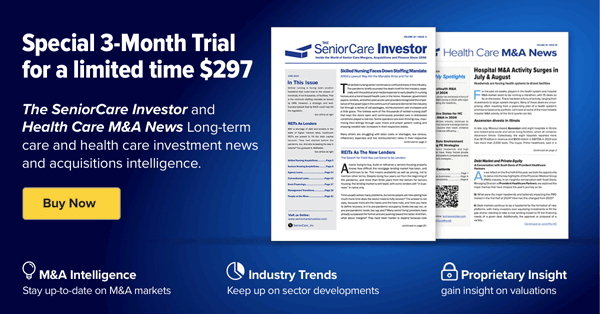The Pharmaceutical sector has experienced a dearth of big deals so far this year. In Q1:16, 40 transactions with pharmaceutical targets were announced, for a total of $46.2 billion. In the first quarter of 2017 (through March 28), only 24 deals (-40%) for pharmaceutical targets have been announced, with a combined total of $10.1 billion (-78%).
One factor behind the drop in deals is obvious. The sector came under legislative and consumer scrutiny during the presidential election in 2016, as candidates Hillary Clinton and Donald Trump each decried high prices charged by drug manufacturers, and each vowed to do something about it once elected. President Trump repeated his campaign promise to “roll back drug prices” a few days before the repeal-and-replace effort around the Affordable Care Act failed, on March 24.
Another factor is that Big Pharma typically doesn’t pay big bucks to acquire or license promising pre-clinical or even Phase-3 candidates from biotechnology startups. There have been 60 acquisitions of biotechnology companies or their products in 2017 (through March 28), for a total of $12.3 billion. The largest deal in the Biotech sector to date is the $10 billion purchase of the Swiss biotech Actelion (SIX: ATLN) by Johnson & Johnson (NYSE: JNJ), announced in January.
Still, rumors of Big Pharma deals abound. Bristol-Myers Squibb (NYSE: BMY) comes up often as a possible takeover target for Pfizer Inc. (NYSE: PFE), which walked away from a hostile takeover battle for AstraZeneca plc (NYSE: AZN) in 2014. Even with a market cap of $94.1 billion, a deal for Bristol-Myers is not beyond Pfizer’s reach (its market cap is $203 billion).
Bristol-Myers is looking better and better as a potential target. On the same day that the Republicans’ American Health Care Act failed, the European Medicines Agency published a positive opinion on approving Bristol-Myers’ Opdivo for single use as a treatment for squamous cell cancer of the head and neck in adult patients progressing on or after platinum-based chemo.
Sanofi (NYSE: SNY) is another company said to be on the hunt for an acquisition, even as the Food and Drug Administration approved Dupixent, a collaborative effort with Regeneron (NASDAQ: REGN), for the treatment of eczema. The companies announced they will charge $37,000 annually in the United States for the drug, a price they negotiated with pharmacy benefit managers.
Other deals are in the offing, but none reach the multi-billion-dollar range. For example, FiercePharma reported on March 23 that Flexion Therapeutics (NASDAQ: FLXN), a Boston-area clinical-stage biotech focused on developing novel pain therapies, had accepted Sanofi’s takeover bid of more than $1 billion in cash. Flexion and Sanofi haven’t commented. And $1 billion in this sector is pocket change.
How long this dry spell goes on is anyone’s guess. The announced price for Dupixent may revive calls for more regulations on pricing, particularly from consumer watchdog groups and some members of Congress. And a cross-border mega-deal would bring scorn, if not action, from the Trump administration, which is striving to keep jobs in the United States. The one rumor that may come true is a Pfizer bid for Bristol-Myers Squibb, both citizens of New York City. Stay tuned.

